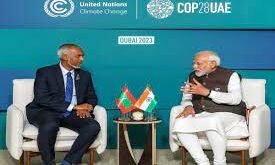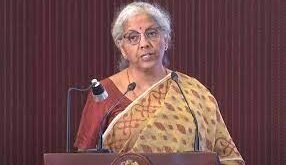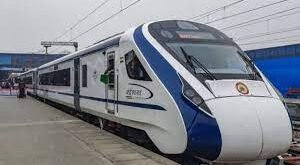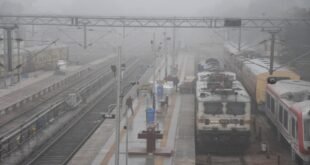Date: June 3, 2023

Turkish President Recep Tayyip Erdogan will be officially sworn in for his third term on June 3, following his victory in the May 28 runoff against a powerful opposition coalition. The inauguration ceremony will take place in parliament, followed by a grand event at Erdogan’s palace in Ankara, attended by numerous world leaders.
Despite facing an economic crisis and severe criticism following a devastating earthquake earlier this year that claimed the lives of over 50,000 people, Erdogan secured 52.18 percent of the vote, with his secular rival Kemal Kilicdaroglu receiving 47.82 percent, according to official results.
As Turkey’s longest-serving leader, Erdogan begins his third term with immediate and significant challenges, including a decelerating economy and tensions in foreign policy with Western nations. Matt Gertken, chief geopolitical strategist at BCA Research, believes that this election will reinforce Turkey’s pursuit of an independent foreign policy. This approach seeks to maximize economic and strategic benefits from eastern and autocratic states while maintaining relations with western democracies to avoid a permanent rupture.
It is anticipated that tensions with the West may increase now that Erdogan has a fresh mandate. The first priority for the president will be to address the country’s economic troubles, particularly the high inflation rate of 43.70 percent. This inflation is partly attributed to Erdogan’s unorthodox policy of cutting interest rates to stimulate economic growth.
On Saturday, Erdogan is expected to announce his new cabinet, with media speculation suggesting that former finance minister Mehmet Simsek, known for his international stature and opposition to Erdogan’s unconventional policies, may play a role. Simsek, a former economist at Merrill Lynch, served as finance minister from 2009 to 2015 and deputy prime minister in charge of the economy until 2018 when he stepped down ahead of a series of lira crashes.
Alp Erinc Yeldan, a professor of economics at Istanbul’s Kadir Has University, suggests that Erdogan’s government seems inclined to pursue an orthodox stabilization program. Market enthusiasm is reportedly growing in response to the news about Mehmet Simsek and his potential team.
The new members of parliament, elected on May 14, have already begun their swearing-in process. Erdogan’s alliance holds a majority in the 600-seat parliament, ensuring continued support for his policies.
Erdogan’s victory came at the expense of a unified opposition coalition led by Kemal Kilicdaroglu, whose position as the leader of the CHP party remains uncertain following the defeat.
Meanwhile, NATO allies are eagerly awaiting Turkey’s approval of Sweden’s bid to join the US-led defense alliance ahead of a summit scheduled for July. Erdogan has been hesitant to grant the application, accusing Sweden of harboring “terrorists” affiliated with the outlawed Kurdistan Workers’ Party (PKK), a group recognized as a terrorist organization by Ankara and its Western allies.
NATO Secretary-General Jens Stoltenberg is expected to attend Erdogan’s inauguration and hold talks with him during the weekend. In response to a clear message emerging from a NATO meeting in Oslo, Sweden’s foreign minister Tobias Billstrom urged Turkey and Hungary to initiate the ratification process, to which Turkish counterpart Mevlut Cavusoglu responded with a call for concrete steps in the fight against terrorism.
As Erdogan embarks on his third term as Turkish President, the nation awaits his strategies to tackle economic challenges and manage foreign policy tensions while closely observing the formation of his new cabinet and subsequent policy directions.
Sources by Agencies
 Digital Scoop India Official Platform of Digital Scoop India Featuring Latest & Best News #Articles #Bytes #Entertainment #DigitalScoopMagazine
Digital Scoop India Official Platform of Digital Scoop India Featuring Latest & Best News #Articles #Bytes #Entertainment #DigitalScoopMagazine



